The theme of this year’s International Women’s Day is Choose to Challenge and you can’t get much more challenging than choosing a dangerous career facing rough open seas, 16-hour days with no toilet facilities and no guarantee you’ll make enough money to cover your costs. That’s possibly one of the reasons why only 2% of fishing boat crew members are women. To find out what life is really like for fisherwomen, we spoke to two commercial fishers working in UK waters
Sarah Ready, south west liaison for Pesky Fish
Ashley Mullenger, commercial fisherman for Fairlass Shellfish
What does your average day at work look like?
Mullenger: The time I start my day will depend entirely on the tide. Sometimes I could be setting an alarm for 7am but sometimes it’s 11pm.
We fish with mainly whelk pots so we will decide which group of pots we want to haul that day and head there. Sometimes it’s a quick steam to the fishing grounds but it could be a couple of hours. We usually set the deck up and cut bait on the way out so we are ready to go when we arrive at the first string of pots.
Each string contains around 50 pots and is around half a mile long. We aim for seven to 10 strings in a day. Because our harbour is tidal there is a time pressure to get everything done order to make it back in on the next tide, so if some of your pots come up tangled this all costs valuable time.
Each pot is hauled up on a hydraulic winch and emptied manually on a size-grading table called a riddle. It is then baited and stacked in order and then shot back to the sea bed ready for the next day we check them. Once we’ve got our catch on board, the boat is then thoroughly cleaned down. Once back in the harbour we will unload the catch for collection and we also get our bait from the processors that collect our catch, so this will be loaded up too. And if we need to diesel her up then we will usually do this either at the start or the end of the day.
Once this is done, then it’s landing paperwork for the relevant authorities and then eat, wash and sleep. The day can be anything from 12 to 16 hours long.
What’s the boat like?
Ready: We have a small vessel under 10 metres. It’s very old and went into service in 1979 and there’s just the two of us on board – myself and my husband. There’s little by way of mod cons and creature comforts: by way of cooking there’s only a kettle so it’s mostly porridge and cup soups. We don’t have toilet facilities other than a bucket, and if the weather is bad and the seas are choppy I often fall off.
Mullenger: Both of our boats are beautiful. Fairlass is an 11-metre wooden hulled Scottish boat, built in the 1970s. The other is slightly more modern, built in the late 1980s. It is eight metres long, made of fibreglass and goes by the name of Saoirse.
How many other women do you know with the same job as you?
View this post on Instagram
Mullenger: I’ve been trying to keep a log of all the women I know of who are working on boats. Some are more active than others, some are full-time, some work with family, and they all do various different types of fishing. Some are potting, some are trawling. I think I’ve managed to track down about 10 of us in total from various corners of the country.
Why do you think it’s rarer to see women working on fishing boats?
Mullenger: Maybe its the climate, the thought of long days in the cold and exposed to the elements? I do wonder if being cut off from the land is a big deal-breaker for women, especially if they have a family and need to be around for their children. Maybe women lack the confidence to step into a predominantly male industry? Women make up 2% of the fishieries sector here in the UK. Most of the men I’ve met in this industry have been supportive and have never made any comments about me not being welcome in the job.
Is it a tough job?
View this post on Instagram
Ready: It is a way of life rather than a job. Most jobs are stressful, but fishing is dangerous and it has been both harsh and kind in equal measures. I cannot think of anything better than sharing a day with your partner, both doing a job that you both love. It is splendid on a day when the weather is good but can be grim when there is no fish, on choppy seas, in miserable weather. It is not for the faint-hearted but thankfully I have never been seasick.
What’s the best thing about the job? And the worst?
Mullenger: I love it all: all the menial tasks, the maintenance, the bad weather and bad fishing days. Without those days I wouldn’t appreciate the good days when its flat calm, hot and the fishing is good.
There are some spectacles of nature that you are privileged to be around – dolphins never fail to make me cry because they actively swim to the boat and stick with you like they want to be near you. Sun rises and sunsets, starry skies on dark clear nights and watching daylight breaking at about 3am in the summer over the sea.
Would you recommend the job to young women?
View this post on Instagram
Mullenger: Yes. If you like being outdoors and a physical job appeals then I’d recommend it to any young person. I think you need to possess great patience and listening skills and I don’t think I’ve met a skipper that doesn’t have a fire within them and determination. A sense of humour is essential and the ability to be resilient on the days when things don’t go as planned.
Ready: Oh my days, definitely. If you are not looking to be materialistic and want a job that you love, commanding your own hours, with no two days the same, in all the elements, this is the job for you. Be prepared to banter on the quay with no male or female identity. We are all fishers and the gender aspect goes out of the window if you are good at what you do within the industry.
What qualities do you have to have as a person to thrive in this working environment?
Ready: You need a thick skin, a sense of self confidence and a belief that you can do whatever life and the job throws at you.
I have loved being entrenched within the fishing industry for over three decades and cannot imagine retiring. It is a privilege to be out there on the water on a lovely day, with the fish coming in, with my husband, on calm seas, in the sun. You also need a level of optimism the day after catching nothing the day before.
Did Brexit have any impact on your work?
View this post on Instagram
Ready: Brexit was hell. Prices slumped before the end of December and if we cannot sell catch to the EU then this fish will just sit unsold. This causes a glut in the UK, pulling down all prices, including those destined for the UK market. It is a case of supply and demand: some species are only bought by the EU because as a nation we do not eat certain fish, such as squid.
What challenges has the pandemic presented for you?
Mullenger: We were worried that the factories may close and exports would stop but luckily it didn’t. The price dropped and still has not fully recovered. It is still viable but the price of bait did not drop in line with the price drop for our catch. We also found that many fishermen stayed whelking for longer rather than going crabbing because there was no market for crab.







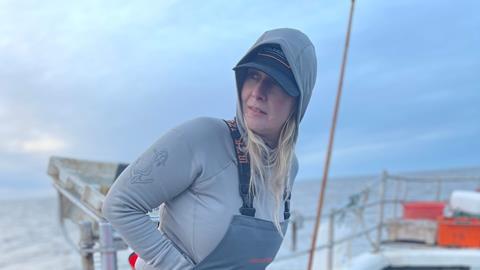
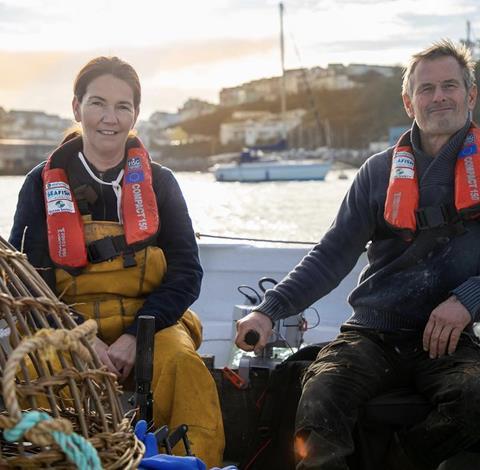
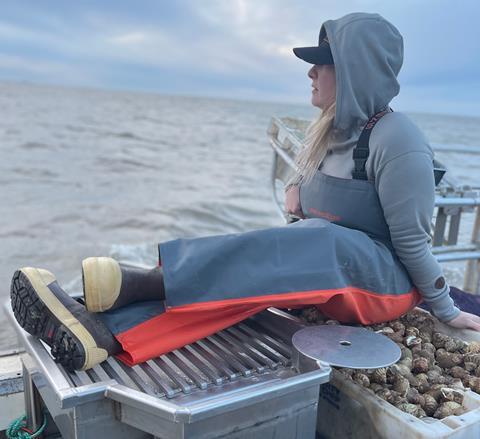
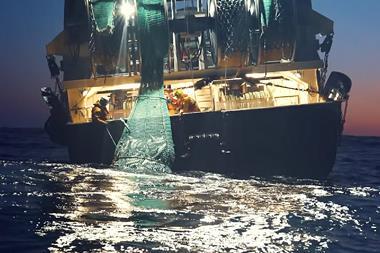
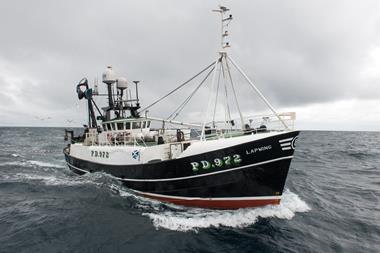
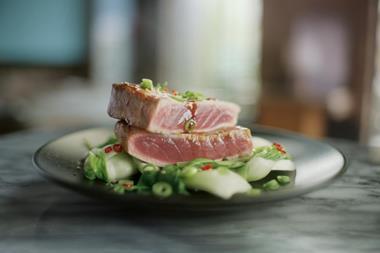
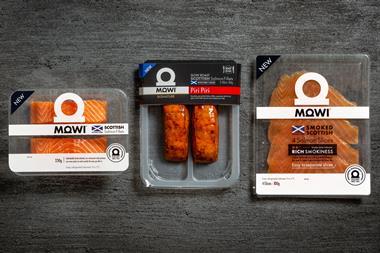
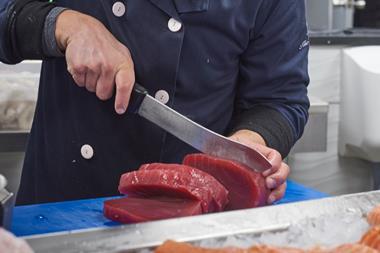
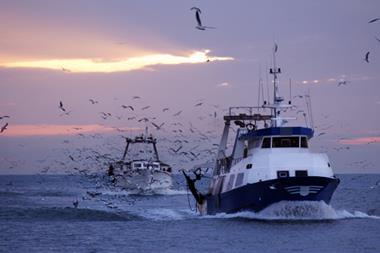


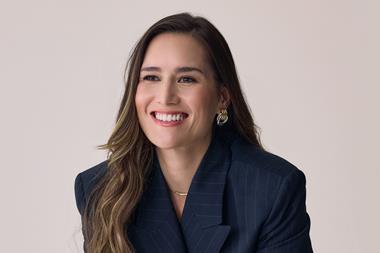

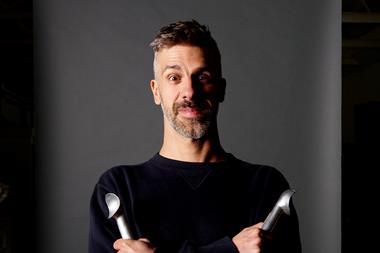

No comments yet